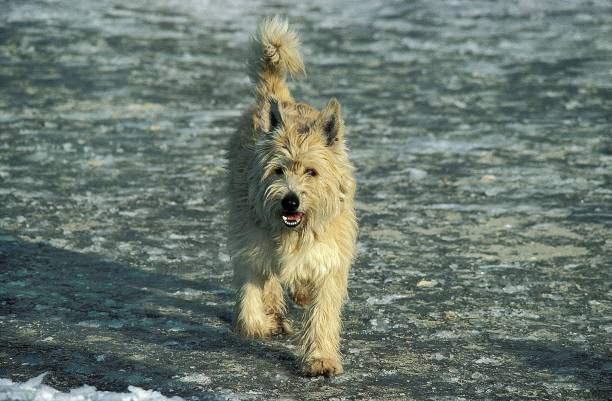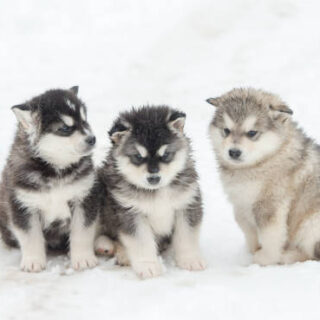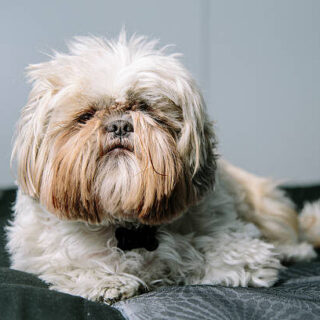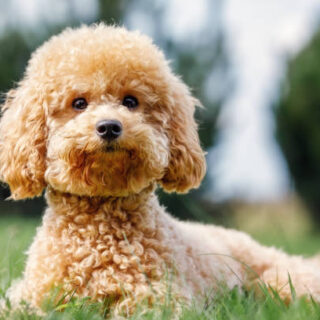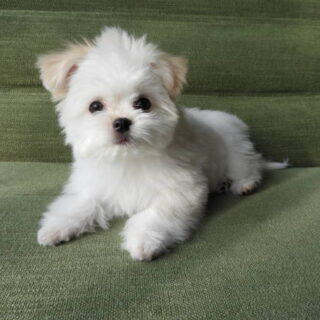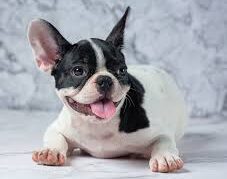Your cart is currently empty!

Single Product
Picardy Sheepdog
Picardy Sheepdog The striking outline of the Picardy sheepdog with its erect ears and harsh coat might bear some resemblance to the Briard and the Beauceron, and probably the breeds share some common ancestry. Indeed, when the first Picardy Sheepdogs were shown in France in 1863, they were shown in the same class as Beauceron…
Description
Picardy Sheepdog
The striking outline of the Picardy sheepdog with its erect ears and harsh coat might bear some resemblance to the Briard and the Beauceron, and probably the breeds share some common ancestry. Indeed, when the first Picardy Sheepdogs were shown in France in 1863, they were shown in the same class as Beauceron and Briards.
Although this type of sheepdog is seen in artworks from the Middle Ages, the Picardy Sheepdog was not recognised until the first official standard was published in 1922.
General appearance
Medium sized, well muscled. Solid but without being heavy or coarse. Elegant both standing and moving. Slightly longer than high, rugged in appearance with a crisp, harsh, semi-long coat and high set ears.
Characteristics
Lively and alert shepherd dog. Rugged in appearance.
Temperament
Even tempered, neither aggressive, shy nor nervous. Obedient, fearless, a natural herder and good guard for home and family.
Head and skull
In proportion to size of dog. Seen in profile, skull and muzzle of equal length with parallel planes. Foreface delicately chiselled but not pointed. Seen from front, forehead should not be flat but slightly convex, with the furrow between brow ridges blending smoothly into muzzle. Slightly defined stop midway from occiput to nose. Distinct long eyebrows but not covering the eye. Foreface strong with beard and moustache with thin, tight fitting lips. Nose large, black with well-opened nostrils.
Eyes
Horizontally set. Medium size, oval in shape, not prominent. Dark, blending with coat colour, but never lighter than hazel.
Ears
High set, of moderate size, broad base with slightly rounded tips. Always carried naturally erect.
Mouth
Jaws strong with a perfect, regular and complete scissor bite, i.e. Upper teeth closely overlapping lower teeth and set square to the jaws.
Neck
Clean, strong and muscular. Of moderate length, blending smoothly into the shoulders, to allow proud head carriage.
Forequarters
Shoulders long and sloping. Elbows well under and close to body. Forearms straight and well muscled. Pasterns sloping slightly.
Body
Length of the body, from point of shoulder to point of buttock should be marginally longer than the height at the withers. Bitches proportionately slightly longer than dogs.
Chest reaches elbow which is equidistant from withers and ground. Level topline with well-sprung ribs, strong loin and slightly sloping croup. Underline with slight tuck up.
Hindquarters
Well muscled, moderately angulated. Hind feet positioned just behind a perpendicular line dropped from the point of the rump. Hindlegs parallel when viewed from behind.
Feet
Rounded, short and compact. Firm pads. Dark nails.
Tail
Reaching at least to the hock, with slight curve at tip
May be carried high but never over the back. Coat on tail of same length and texture as on body.
Gait/movement
Fluid, effortless and free, with moderate reach, covering the ground efficiently.
Coat
Harsh, neither flat nor curled. Crisp to the touch with fine, dense undercoat. Semi-long (5-6 cms over all the body including the tail).
Colour
Fawn with or without dark overlay;
Brindle
Slight white mark on forechest and end of feet permitted.
Large white patches undesirable.
Size
Dogs: 60-65cms (23½-25½ ins); Bitches: 5560cms (21¾-23½ ins).
Faults
Any departure from the foregoing points should be considered a fault and the seriousness with which the fault should be regarded should be in exact proportion to its degree and its effect upon the health and welfare of the dog and on the dogs ability to perform its traditional work.
Note
Male animals should have two apparently normal testicles fully descended into the scrotum.
